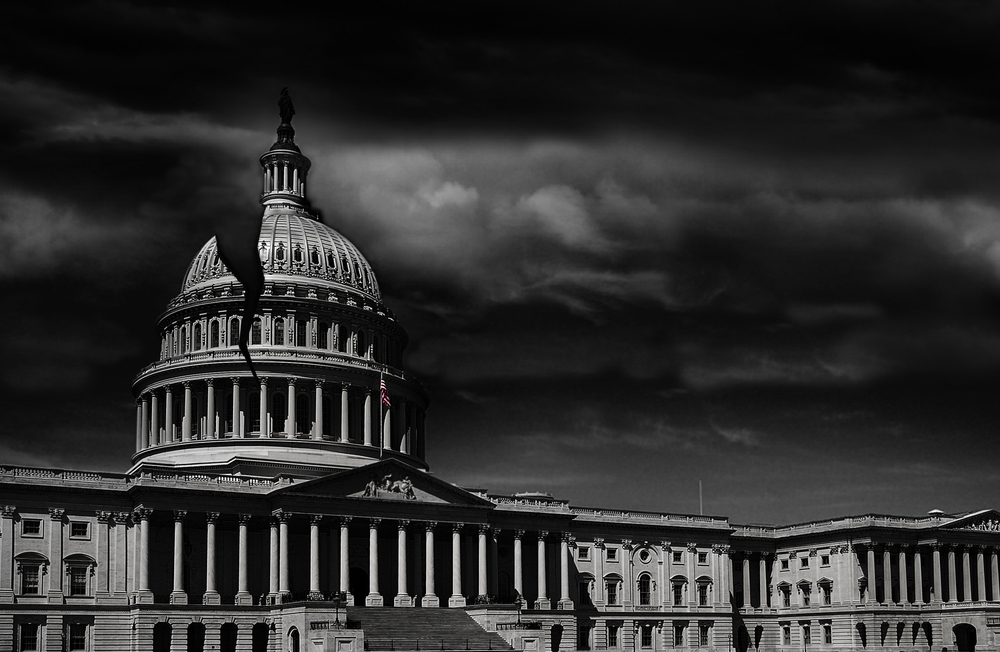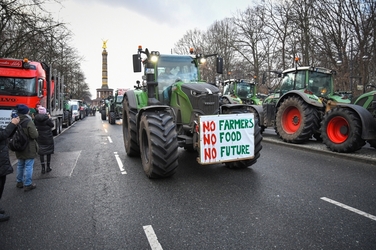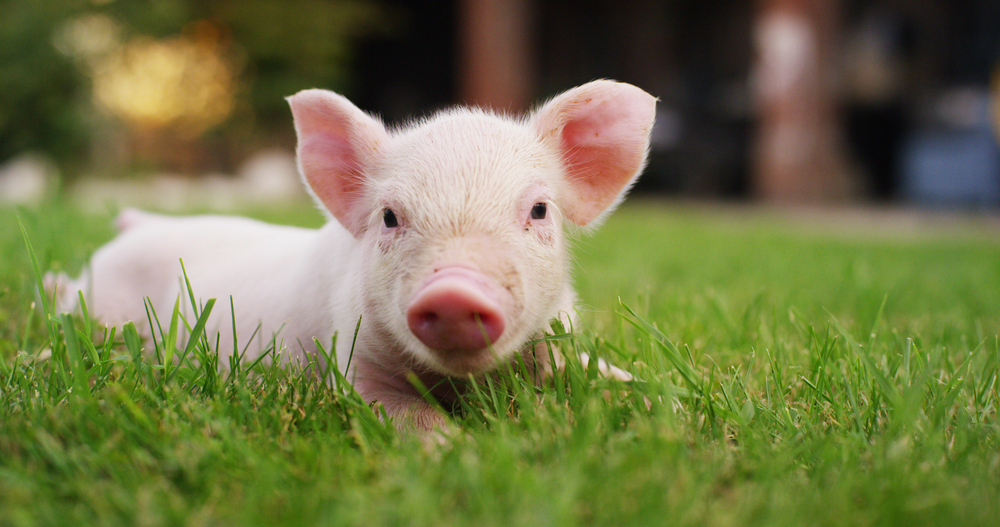The High Cost of Government Overreach
Joel Salatin|June 22, 2021

Editor’s Note: Today’s column from beloved Manward contributor Joel Salatin could not have come at a better time. As Washington announces historic budget and infrastructure spending proposals, the government clearly thinks it’s the solution to just about every problem we have. But such extensive government overreach comes at a cost, as Joel explains below…
Freedoms are lost bit by bit – never in one fell swoop. And it all starts with good intentions.
We all know the freedoms we lost with the passing of the Patriot Act after 9/11, from our ability to talk on the phone without being surveilled to our ability to go to the airport without being treated like criminals.
But there are many other freedoms that you might not even realize are in peril… And they prove it’s never a good idea to turn to the government for help.
High Cost of Safety
The Food Safety Inspection Service was formed shortly after Upton Sinclair’s The Jungle exposed atrocities in large meatpacking plants.
No one thought that this response would – over time – crush local slaughterhouses, canneries and other small food businesses.
But it created a bureaucracy that – bit by bit – destroyed thousands of community businesses due to the high cost of compliance.
It also reduced consumer choice in the marketplace. It pushed people toward centralized, faceless, industrial-scale options.
Today, the centralized meat and poultry sector is cracking due to cyberattacks, recalls and waste.
In hindsight, we can see how Teddy Roosevelt’s promised oversight morphed into a suffocating environment.
A host of infrastructure breakthroughs – from stainless steel and refrigeration to rapid pathogen tests – developed within this sector completely independent of the government’s response.
As creative solutions like these came on board, though, the government demanded their use and required compliance through labyrinths of paperwork… regardless of a business’ size.
As a result, the alleged monopoly that existed when seven players controlled half of the nation’s meat processing in 1910 became four players controlling 85% today.
This is the natural progression of Roosevelt’s food safety response.
What’s Good for the Goose…
Another example of good intentions gone wrong is the Environmental Protection Agency (EPA).
As our nation struggled with burning rivers and chemical waste dumping, folks cried out for the government to do something. The response created another massive bureaucracy that eventually brought forth the Clean Water Act in 1972.
Who would have guessed that creating the helpful-sounding EPA would eventually prevent a farmer from building a pond to control flooding during rain overages and offer a welcome drink to the parched earth during rain shortages?
Anyone familiar with ecology knows that a water “savings account” is crucial for healthy land.
Five hundred years ago, North America was 8% water. Today, it’s half that.
Back then, beavers were the ecosystem’s partners in creating water buffers. Today, its partners should be and could be farmers protecting, storing and buffering changes in rainfall totals.
But no, the EPA makes such protection nigh impossible with its rules and permit requirements.
In the 1950s, the Soil Conservation Service paid for farm ponds all across the country. They were viewed as critical buffers for rain cycles. That idea is long gone. It has been replaced with the notion that these ponds offer landing places for wild ducks and geese, which infest the countryside with avian influenza, coccidiosis and other maladies.
Any strategy that views wildlife in general as a liability rather than an asset is an anti-ecology strategy.
Tyranny Creep
I’m sure most of us can think of other gradual erosions of freedom, from building-inspection laws and zoning regulations to restrictions on medical procedures.
They all start with a regulatory response to a perceived problem. They all start sincerely, with good intentions.
But over time, they morph and grow, and eventually they criminalize good practice, innovation and common sense.
The dilemma you and I face, then, is how to fight these responses. In hindsight, we can see tyranny creeping. But in real time, as we face new problems within our culture and our friends scream for the government to do something, it’s not quite as easy. If we resist, we’re branded as uncaring, unsympathetic idiots. If we stay silent, we know things will not end well.
I don’t have answers. But I think we need to be more aggressive about opposing freedom’s loss sooner rather than later. We know how it progresses. That should motivate us to risk sounding an early warning… rather than a late lament.
Let’s commit to being trumpets on the wall in a country running to ruin.

Joel Salatin
Joel Salatin calls himself a Christian libertarian environmentalist capitalist lunatic farmer. Others who like him call him the most famous farmer in the world, the high priest of the pasture, and the most eclectic thinker from Virginia since Thomas Jefferson. Those who don’t like him call him a bioterrorist, Typhoid Mary, a charlatan, and a starvation advocate. With a room full of debate trophies from high school and college days, 12 published books, and a thriving multigenerational family farm, he draws on a lifetime of food, farming and fantasy to entertain and inspire audiences around the world.





